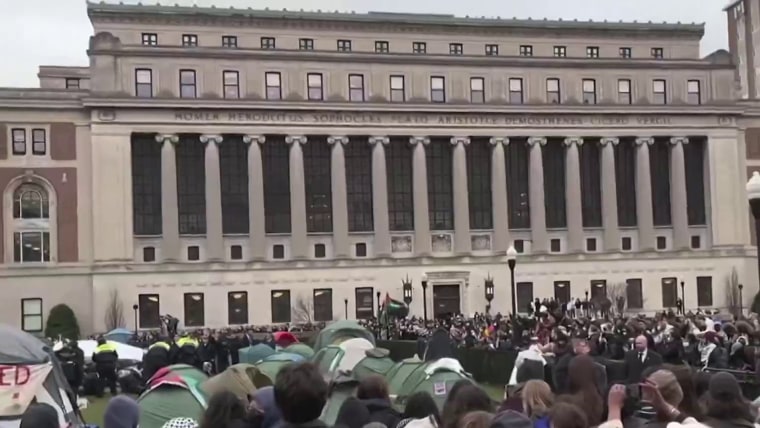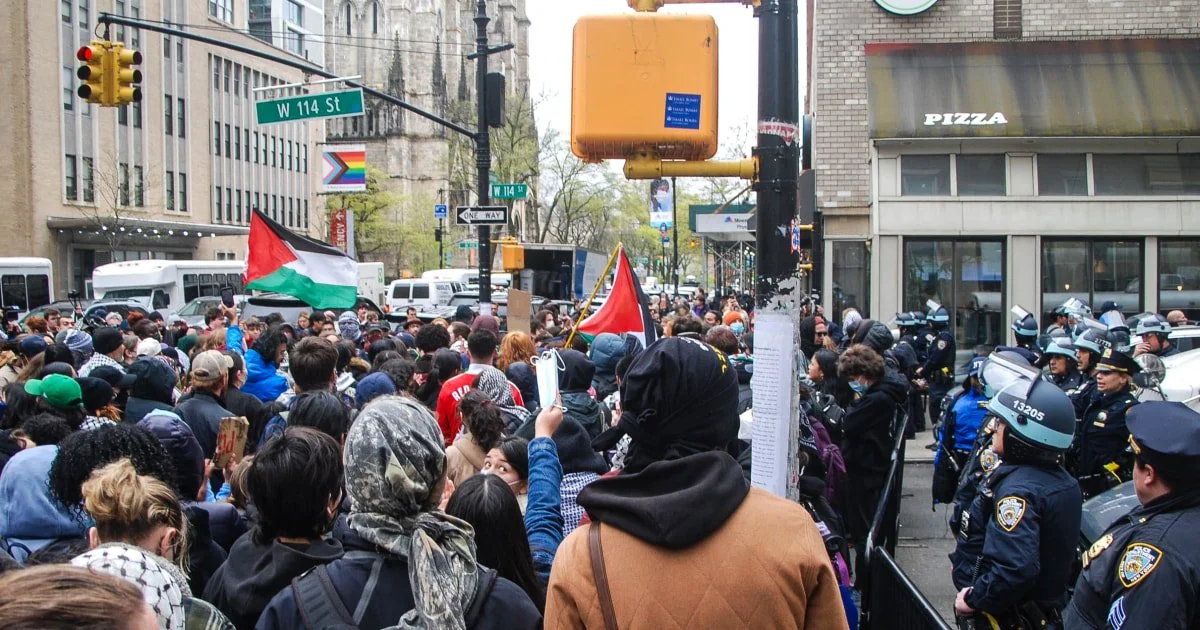Over 100 individuals, including Isra Hirsi, daughter of Rep. Ilhan Omar, were arrested and issued summonses for trespassing after staging an encampment at Columbia University in solidarity with Gaza. The demonstration, which lasted 30 hours, was met with police intervention at the request of the university administration.

University Response and Student Activism
Columbia University officials condemned the encampment, citing violations of university policies and disruptions to campus functioning. Despite assertions of peaceful protest, police reported confrontations with a group of approximately 500 students, leading to arrests and summonses. Isra Hirsi, among others, faced suspension for her involvement in the protest, sparking debates over free speech and disciplinary actions on campus.
Community Response and Political Discourse
The crackdown on the encampment drew criticism from student groups and activists, who accused university authorities of suppressing pro-Palestinian voices. Layla Saliba, representing Columbia Students for Justice in Palestine, condemned the actions as violence against Arab, Muslim, and Palestinian students, igniting broader discussions on campus about freedom of expression and political activism.
In the broader context, tensions over free speech and political activism have escalated on college campuses nationwide amid ongoing conflicts in the Middle East. Instances of censorship and disciplinary measures against students expressing pro-Palestinian sentiments have sparked debates over democratic rights and academic freedom.

While the fallout from the Columbia University incident continues to unfold, it underscores the complexities of navigating political discourse and activism in educational institutions, where competing interests and ideologies often collide.
